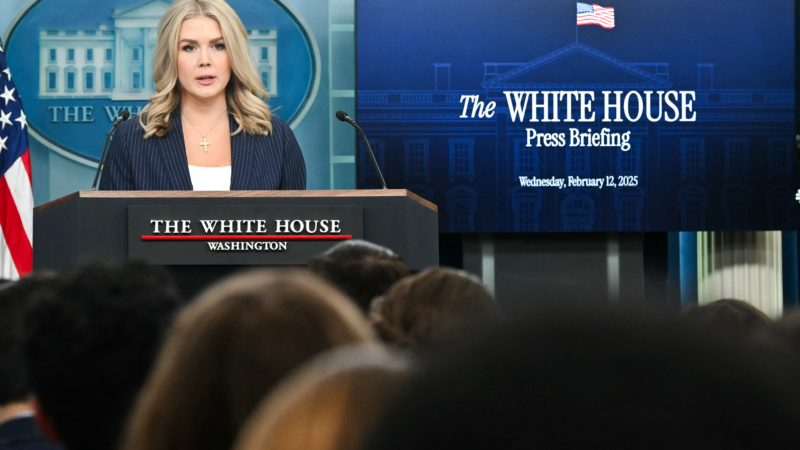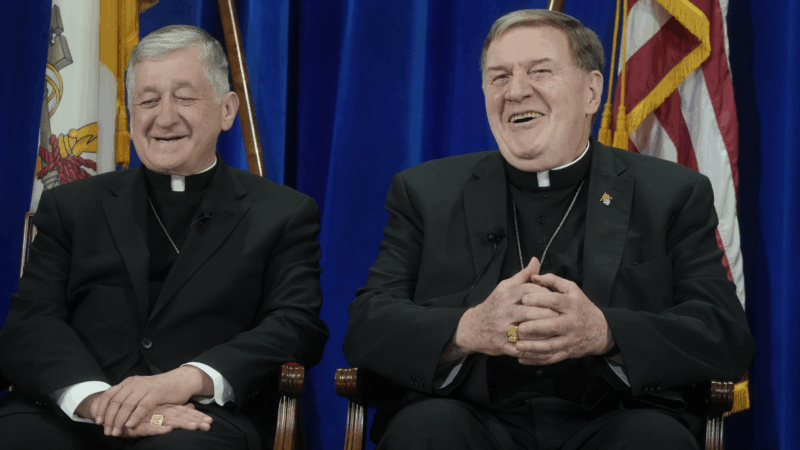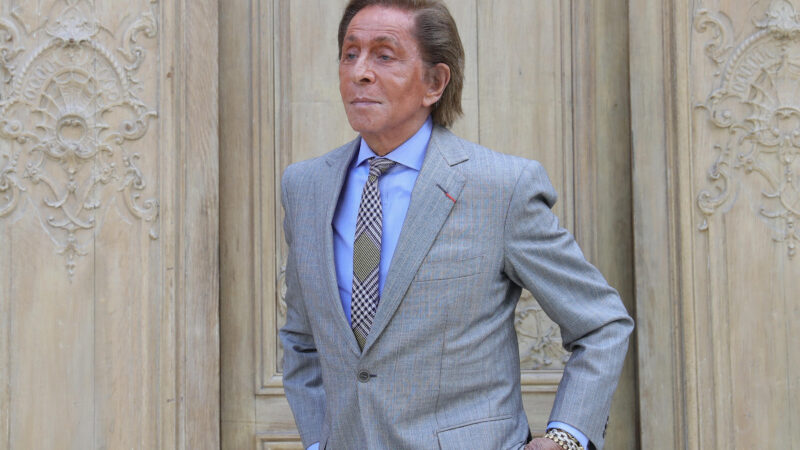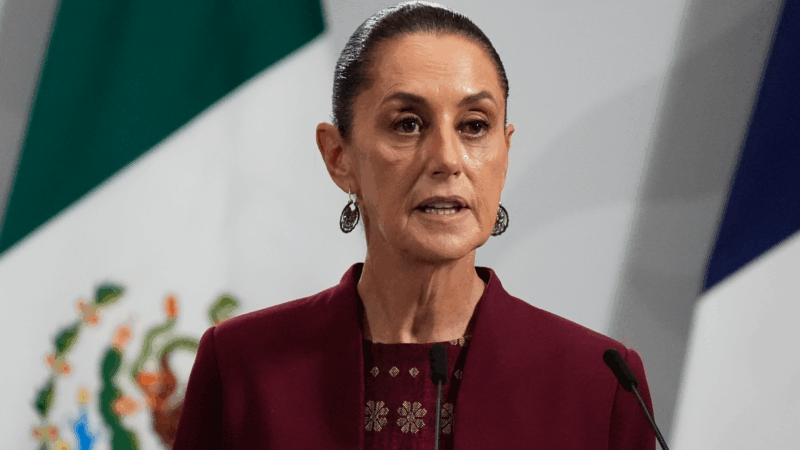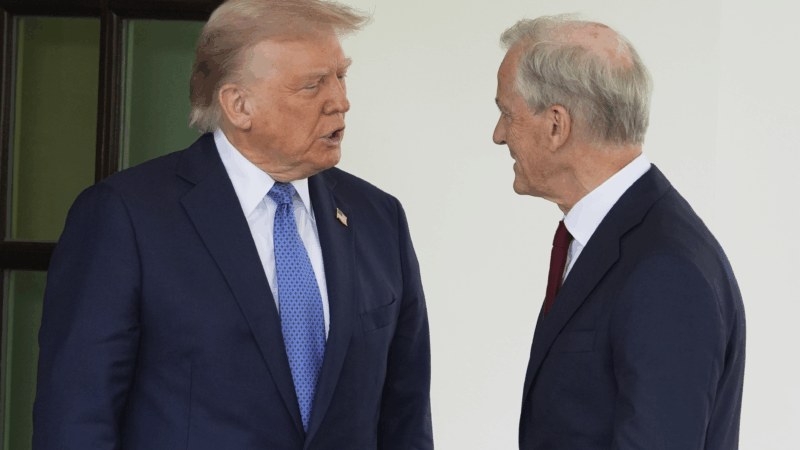As judges block broad actions, White House says courts causing constitutional crisis
Since President Trump’s return to office last month, federal judges have notably halted several moves geared at drastically reforming parts of the federal government and U.S. immigration policy through a number of preliminary rulings and injunctions.
At least one federal judge has said the administration has failed to fully comply with a temporary restraining order in a case challenging the administration’s attempts to freeze payments for grants and other programs.
Critics of the administration have pointed to the various rulings as clear evidence that the president is overstepping his authority and thrusting the nation into a constitutional crisis.
But the White House is firing back, arguing that the real danger is coming from judges who have ruled against him.
“The real constitutional crisis is taking place within our judicial branch, where district court judges and liberal districts across the country are abusing their power to unilaterally block President Trump’s basic executive authority,” White House press secretary Karoline Leavitt told reporters during a briefing on Wednesday.
Leavitt called the orders that federal judges have made against the administration’s agenda a “continuation of the weaponization of justice” against Trump.
During Wednesday’s press briefing, Leavitt addressed what she characterized as “an extremely dishonest narrative” that the administration was causing a crisis with its actions and criticized the news media for “fear-mongering” on the topic.
Her comments came one day after Trump spoke about some of the legal challenges during remarks from the Oval Office, where he alleged that judges were seeking to thwart the administration’s agenda.
“We want to weed out the corruption, and it seems hard to believe that a judge could say, ‘we don’t want you to do that.’ So maybe we have to look at the judges, because that’s very serious. I think it’s a very serious violation,” Trump said.

Trump clarified that while he will comply with court rulings, the White House will also file appeals.
Leavitt acknowledged that while courts have the power to issue nationwide injunctions, “these judges have no basis in the law and have no grounds,” adding that Trump’s actions are constitutional and that the White House would be vindicated on appeal.
Indiana completes undefeated season and wins first national title, beating Miami
Indiana bullied its way into the history books Monday night, toppling Miami 27-21 to put the finishing touch on a rags-to-riches story, an undefeated season and the national title.
Top U.S. archbishops denounce American foreign policy
The three most-senior cardinals leading U.S. archdioceses issued the rebuke in a joint statement on Monday, saying recent policies have thrown America's "morale role in confronting evil" into question.
Italian fashion designer Valentino dies at 93
Garavani built one of the most recognizable luxury brands in the world. His clients included royalty, Hollywood stars, and first ladies.
Sheinbaum reassures Mexico after US military movements spark concern
Mexican President Claudia Sheinbaum quelled concerns on Monday about two recent movements of the U.S. military in the vicinity of Mexico that have the country on edge since the attack on Venezuela.
Trump says he’s pursuing Greenland after perceived Nobel Peace Prize snub
"Considering your Country decided not to give me the Nobel Peace Prize… I no longer feel an obligation to think purely of Peace," Trump wrote in a message to the Norwegian Prime Minister.
Can exercise and anti-inflammatories fend off aging? A study aims to find out
New research is underway to test whether a combination of high-intensity interval training and generic medicines can slow down aging and fend off age-related diseases. Here's how it might work.

